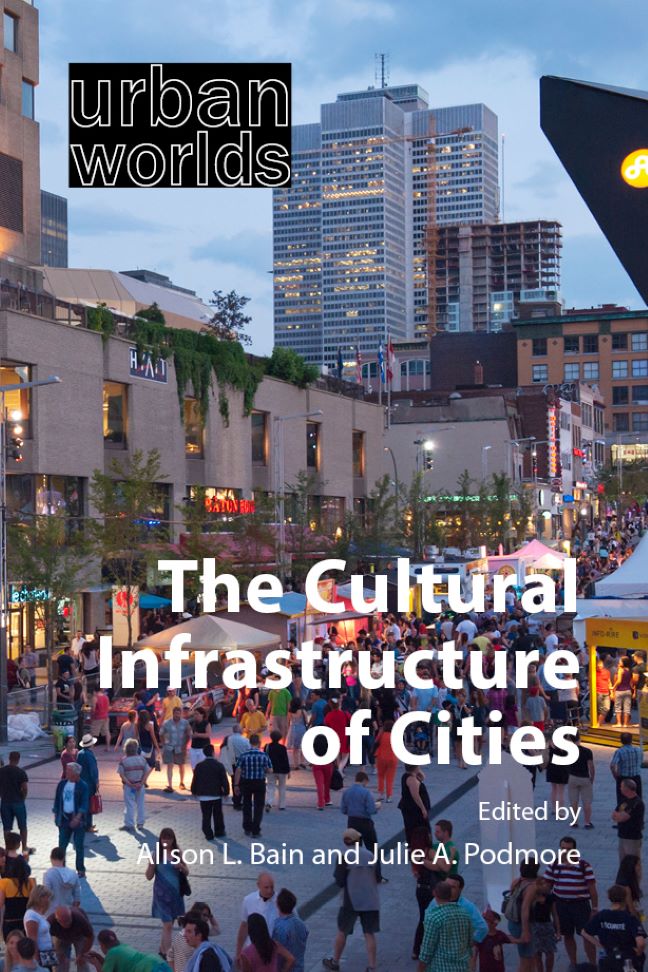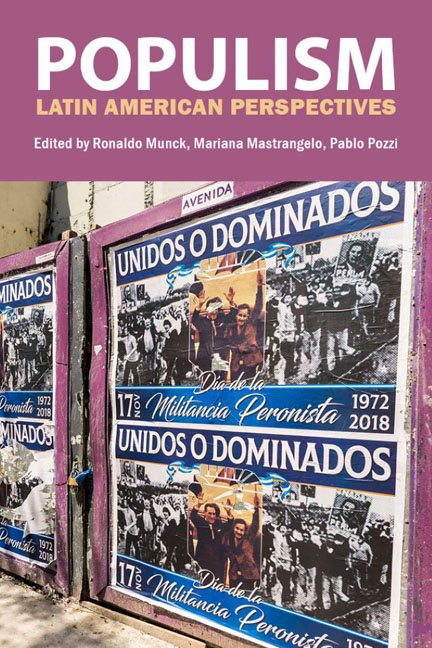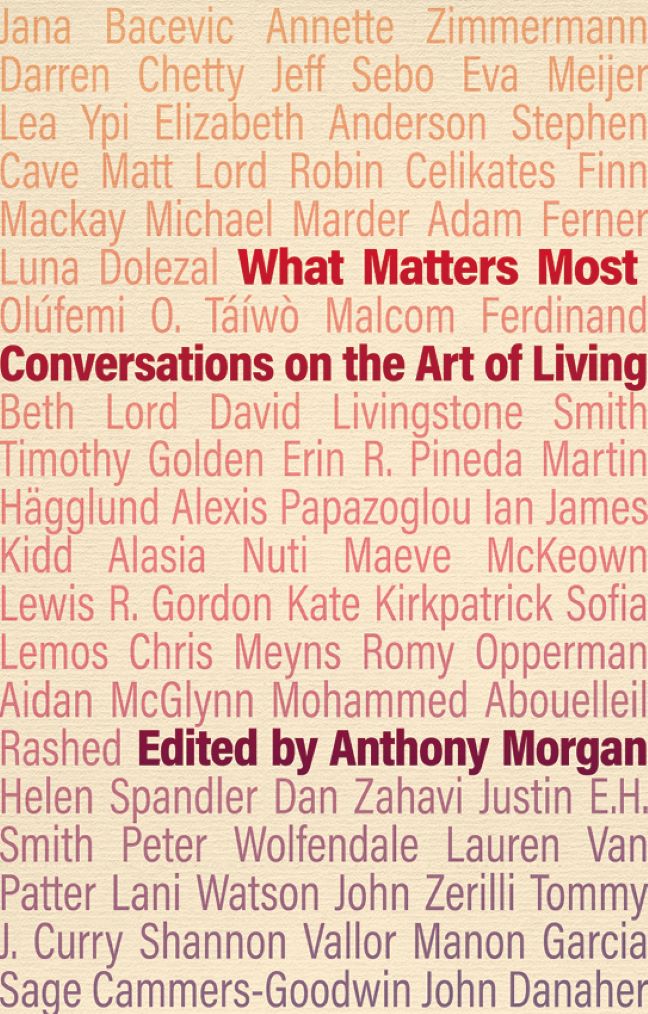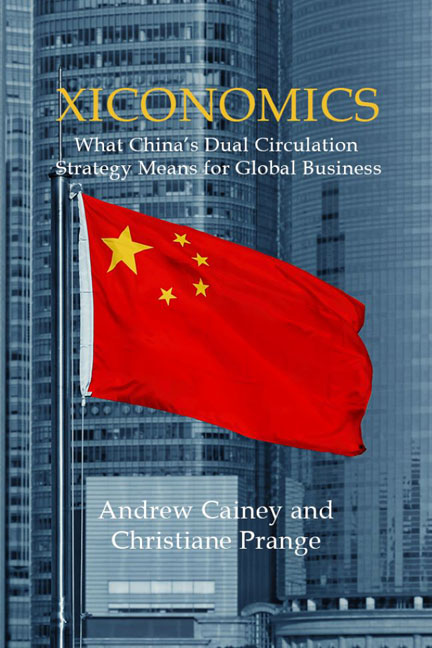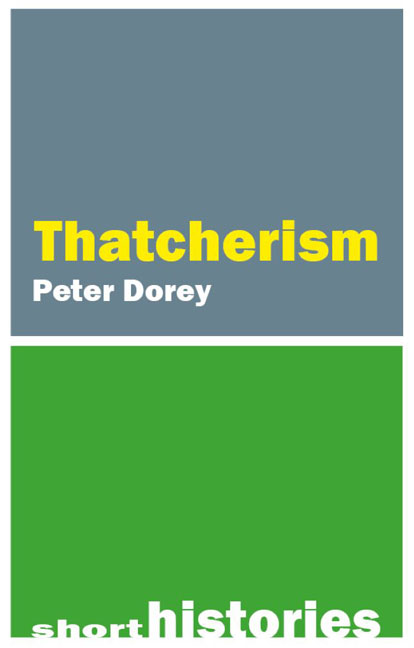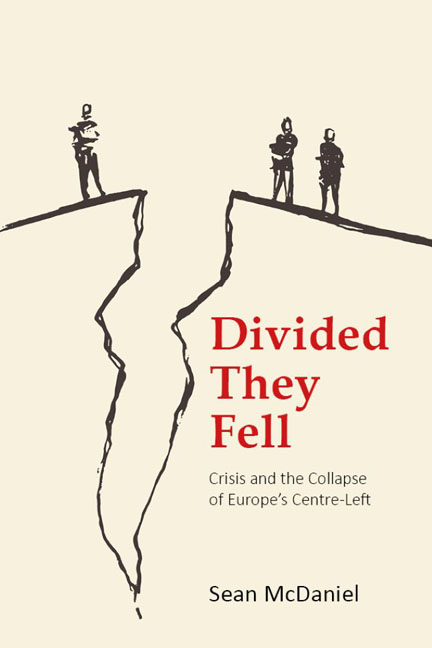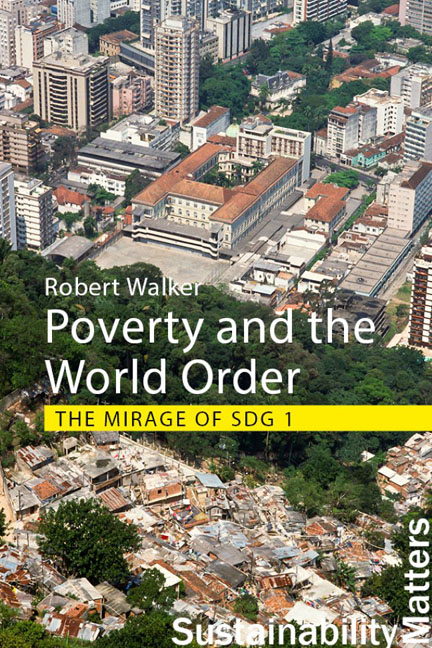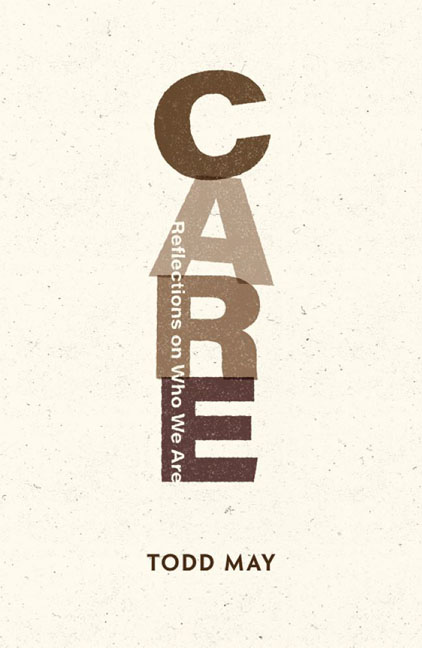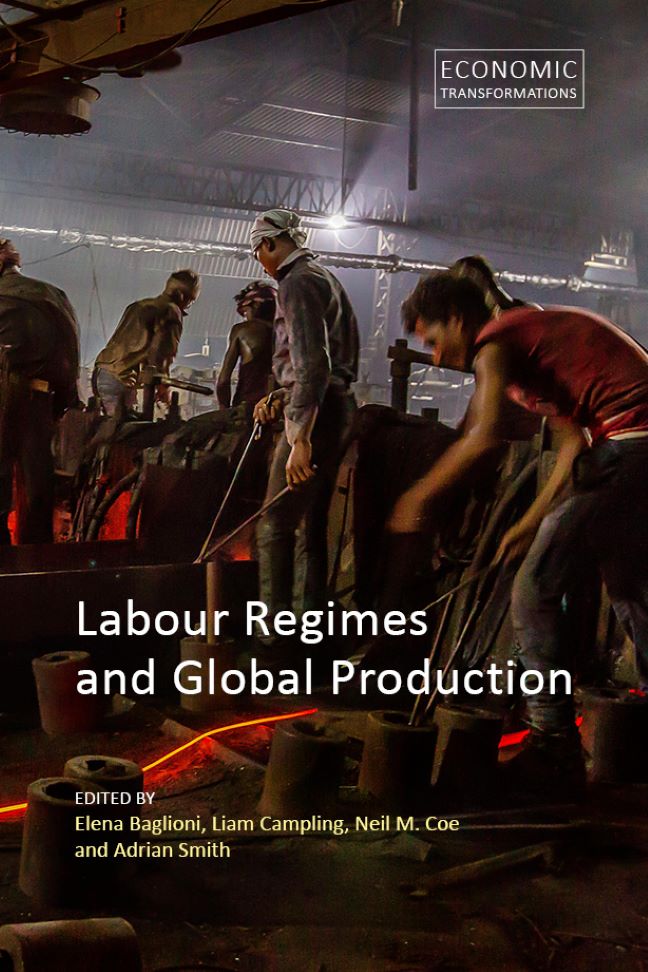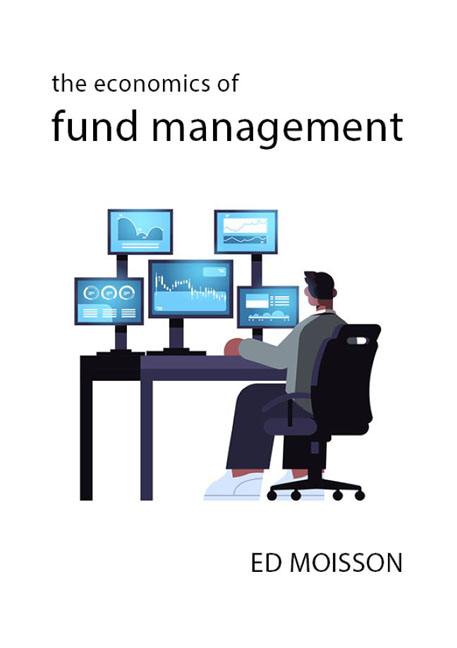INTRODUCTION
The development and enforcement of sound fiscal law and policy are essential for the realization of human rights (Kohonen, Waris & Christensen 2011: 78). Fair, just and principled use, management and distribution of public resources constitute the core of a human-rights-centred response (Waris 2013). The United Nations’ Human Rights Council (HRC) has recalled the primary obligation of every state to promote people's economic, social and cultural development, acknowledging that inequality continues to increase worldwide and contributes to social exclusion and the marginalization of certain groups and individuals (UNGA 2022a: para. 5).
Unequal revenue collection within and between countries is a partial cause of uneven wealth distribution and the pervasive increase in poverty and exclusion around the world. Furthermore, states continue to face severe difficulties in properly assessing and efficiently collecting revenue. Because of this, one key area in discussing fiscal issues is the taxation of cross-border transactions. When wealthier individuals and business institutions that transact across borders are able to use the international fiscal system to their advantage, fewer resources may be available for public services and human rights. Inequality can be exacerbated by the existing international financial architecture and its weaknesses and loopholes.
The movement of money across borders when either the method of movement, its earning or its use is not legal is referred to as an illicit financial flow (IFF) (UN Economic Commission for Africa [UNECA] 2015: 9). IFFs reduce the resources countries could otherwise use to finance the protection, promotion and progressive realization of all human rights.
Although there are many different forms and definitions of illicit financial flows, tax and commercial-related IFFs – particularly those resulting from tax avoidance and evasion and the planning activities of transnational corporations, such as trade mis-invoicing, transfer pricing and the shifting of profits into or through low-tax offshore jurisdictions – are the most significant components of such flows on a global scale, resulting in significant tax revenue losses for governments around the world.
According to The State of Tax Justice 2021, countries lose $483 billion in revenues a year, which includes $312 billion owing to cross-border corporate tax abuse and $171 billion due to offshore tax abuse by wealthy individuals (TJN 2021: 10). Tax-related IFFs are therefore crucial, as they represent lost state revenue that could have been used to finance state activity.
